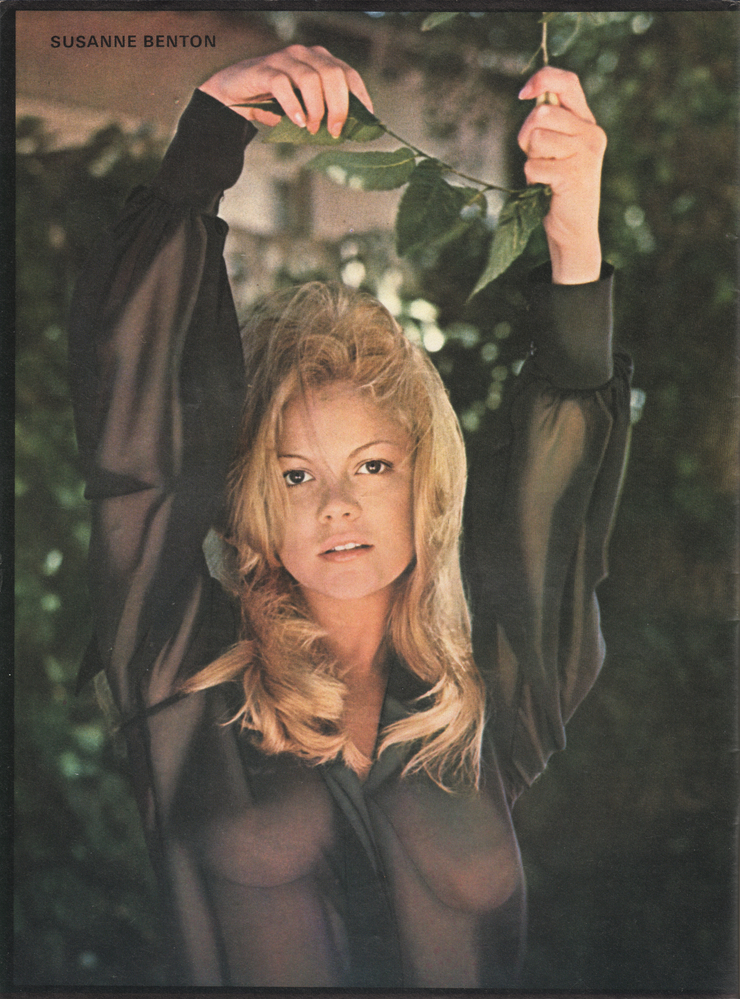Some Faces Are Too Powerful to Forget
There are certain faces that never really leave us. They’re not just remembered—they haunt. Susanne Benton is one of those faces. With a gaze that could melt steel and a presence that lingered long after the credits rolled, Benton wasn’t just an actress. She was a force.
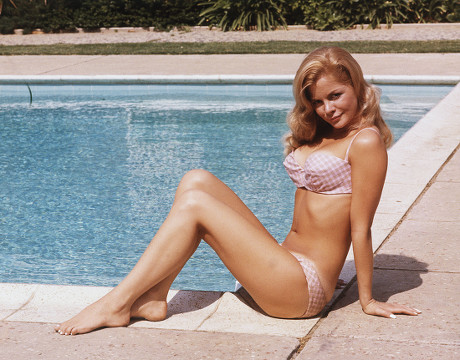
She didn’t fit into the cookie-cutter mold of classic Hollywood starlets. No, Benton rewrote the script. Bold, fearless, and completely unapologetic, she carved out a unique space for herself in the world of cinema—especially the gritty, underground wave that shook the ‘70s.
From Girl Next Door to Cinematic Rebel
Born in Canada in 1948, Benton didn’t grow up chasing fame. In fact, her early life was clouded by family troubles, including being raised by her grandparents after her parents separated. But like a phoenix from the ashes, she transformed pain into power.
Susanne Benton beauty
byu/Friendly_Pass_1994 inu_Friendly_Pass_1994
She entered the entertainment industry with a quiet storm brewing behind her eyes. While other actresses played it safe, Benton went all in—taking roles that were sensual, savage, and often unsettling. She wasn’t interested in being loved by everyone. She was interested in being remembered.
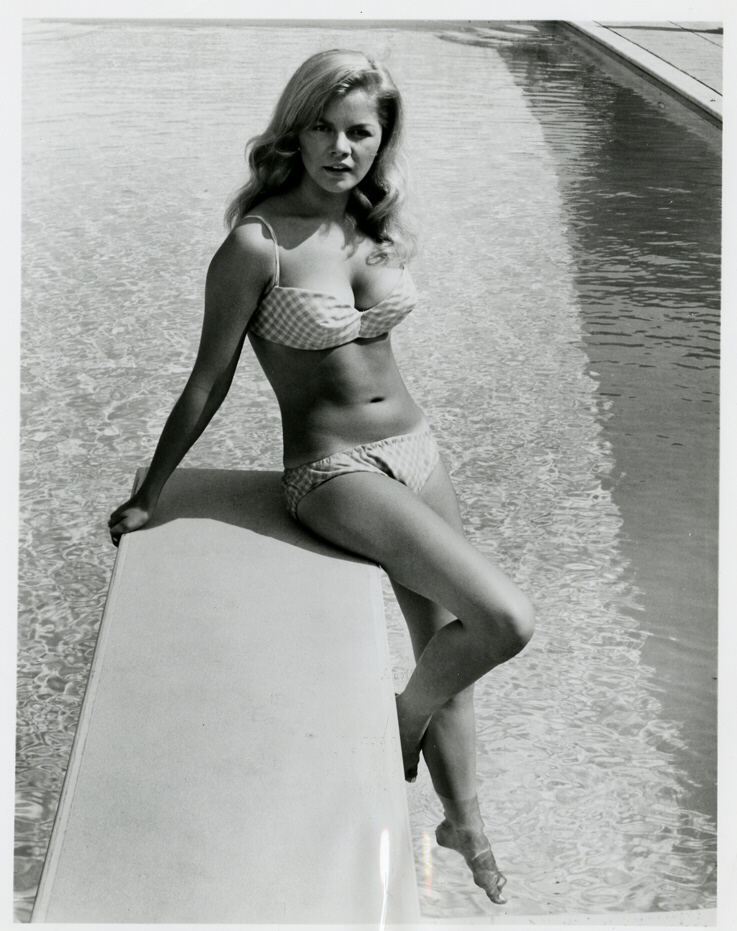
Breaking the Mold in a Man’s World
Hollywood in the ‘70s? It was rough. Especially for women who dared to take control. Susanne Benton didn’t just dare—she dominated. She brought characters to life who were complex, flawed, and deeply human.
Her breakout role in Catch-22 (1970) gave the world a glimpse of her undeniable magnetism. But it was her performance in A Boy and His Dog (1975) that sealed her place in cult cinema history. The film was bizarre, dystopian, and, frankly, kind of bonkers—but Benton was unforgettable. She played Quilla June Holmes with a smoldering intensity that made her both a victim and a villain—never just one or the other.
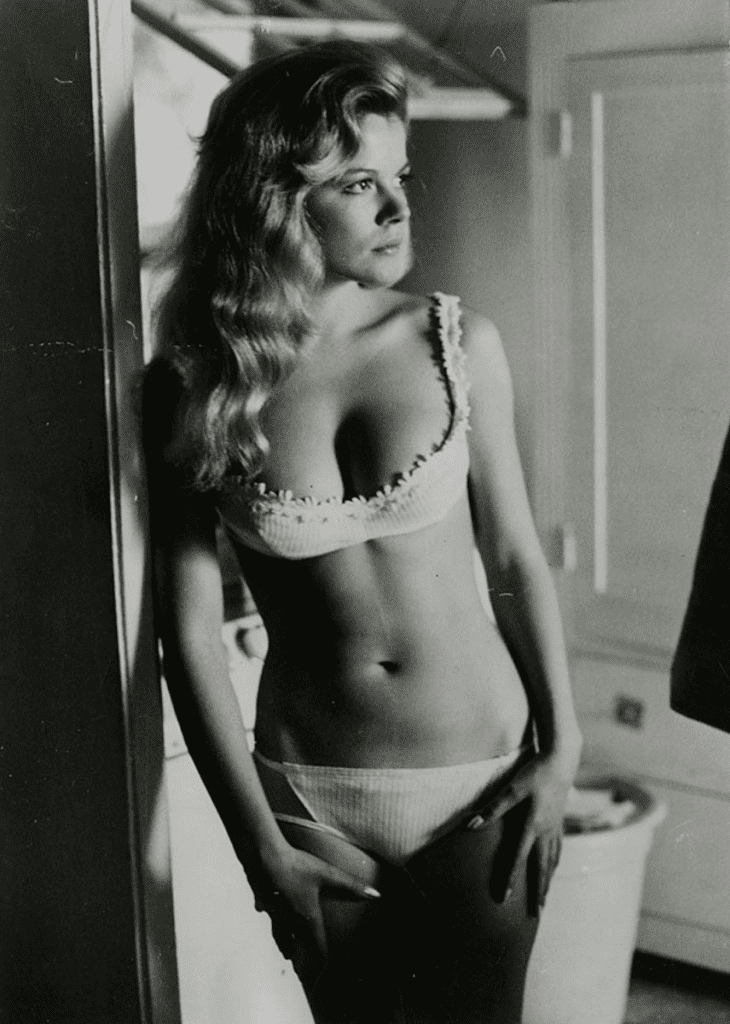
Why Benton Stood Out from the Crowd
You couldn’t pin her down. That’s the thing. Benton had this unpredictable quality—like a storm you couldn’t quite see coming. And maybe that’s what made her so captivating.
She wasn’t trying to be likable. She wasn’t trying to be marketable. She just was. And in a world that often asked women to shrink themselves, Benton took up space. Loudly. Sensually. Intellectually.
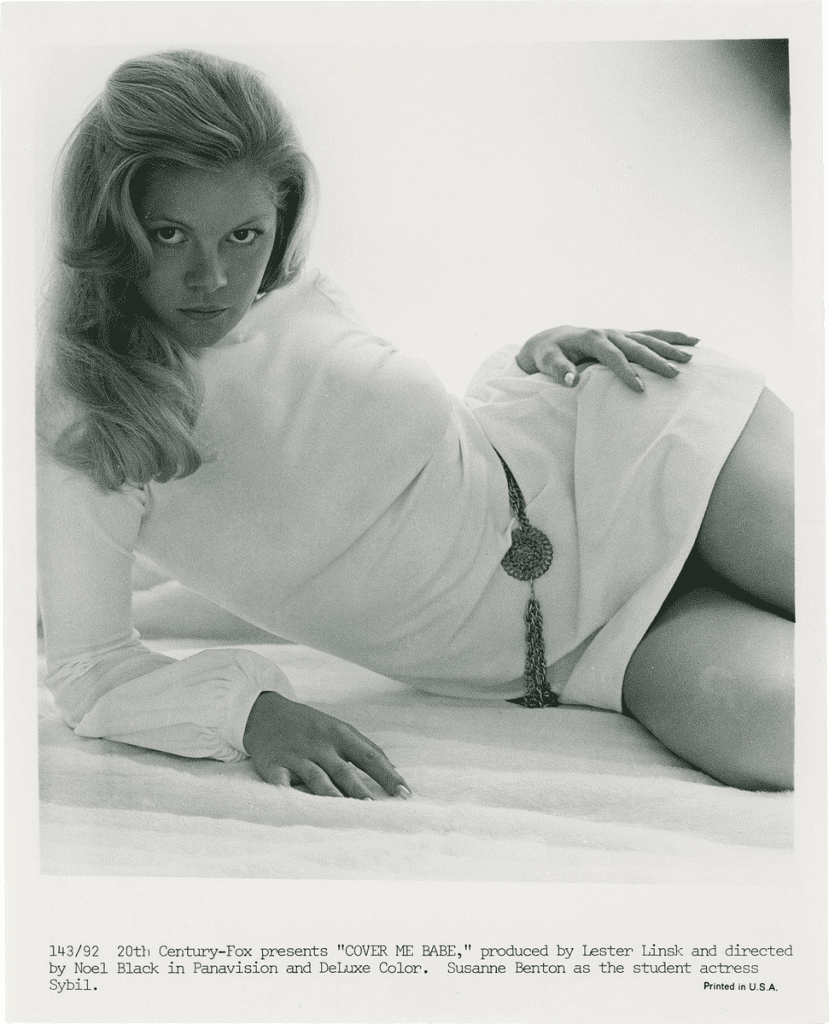
She chose roles that made people uncomfortable. She embodied characters that weren’t afraid to cry, rage, manipulate, or seduce. Benton didn’t perform femininity—she reinvented it.
Cult Fame and the Power of Subversion
The term “cult classic” gets thrown around a lot, but Susanne Benton lived it. While she never achieved the mainstream stardom that some of her peers did, she became something even more powerful—a symbol of rebellion.
Susanne Benton beautyful
byu/Friendly_Pass_1994 inu_Friendly_Pass_1994
Her work wasn’t polished. It was raw. Her characters didn’t exist to support the male lead or look pretty on screen—they existed to push buttons, challenge assumptions, and flip expectations upside down.
She had that rare ability to be vulnerable and dangerous at the same time. Like a knife wrapped in silk.
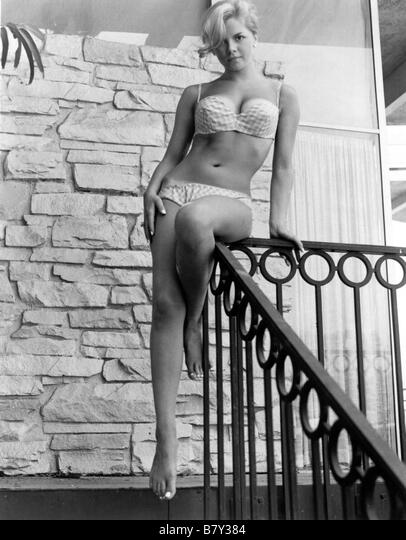
Where Did She Go After the Spotlight?
As the ’80s approached and Hollywood’s tides shifted, Benton quietly stepped back. She didn’t chase the fame train. She didn’t try to rebrand herself for mass appeal. She simply disappeared from the screen—and in doing so, became even more mythic.
Her exit felt intentional, like a mic drop after delivering the perfect line. And maybe that’s the most Susanne Benton move of all—leaving on her own terms, without ever compromising the fire that made her who she was.
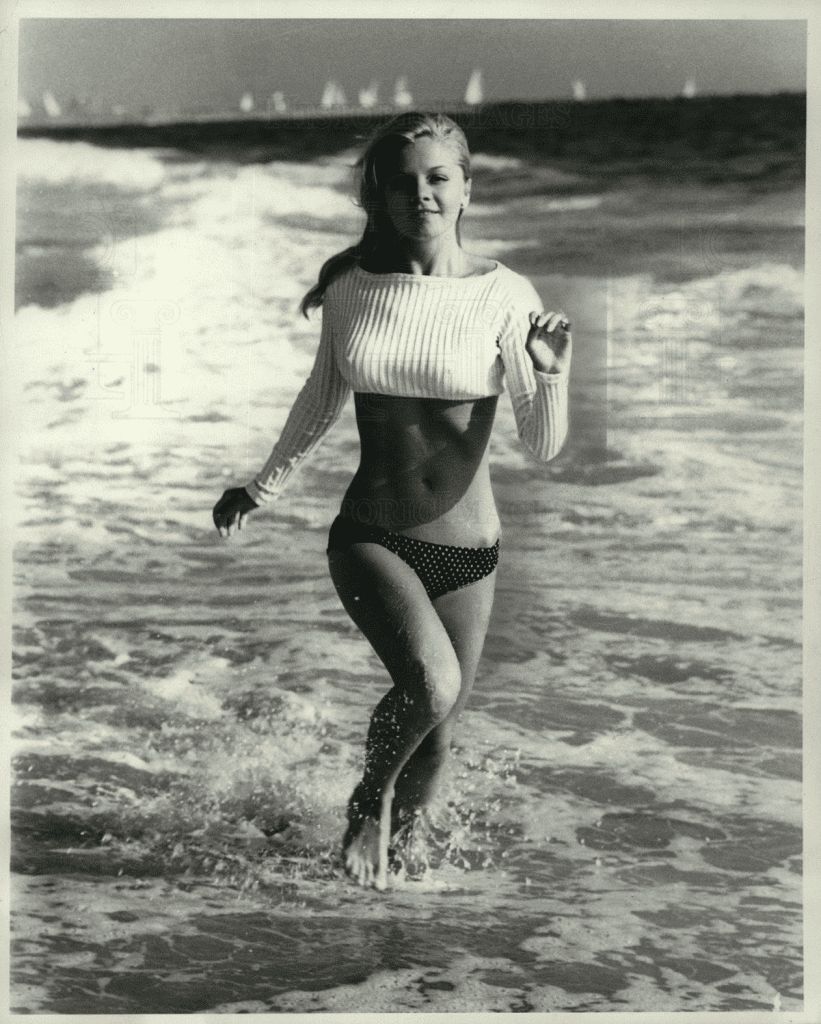
Why We Still Talk About Her Today
So, why does Benton still matter? Why does her name pop up on forums, in late-night movie discussions, and on fan sites devoted to obscure cinema gems?
Because she was real. In an era of artificial gloss and mass-produced personas, Benton stood out like a flame in the fog. She tapped into something primal and electric—and once you’ve seen her perform, you never really forget her.
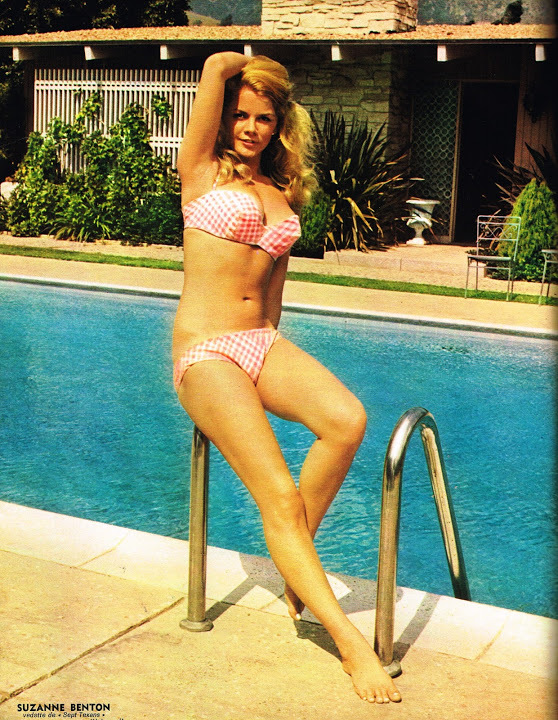
She represented a time when cinema dared to go darker, deeper, and more dangerous. And she was one of the few women who didn’t just survive that era—she owned it.
Conclusion: A Legacy Too Bold to Fade
Susanne Benton isn’t just a memory from the past. She’s a reminder of everything great cinema should be—bold, brave, and just a little bit unruly. She challenged the rules, redefined femininity, and walked away without looking back.
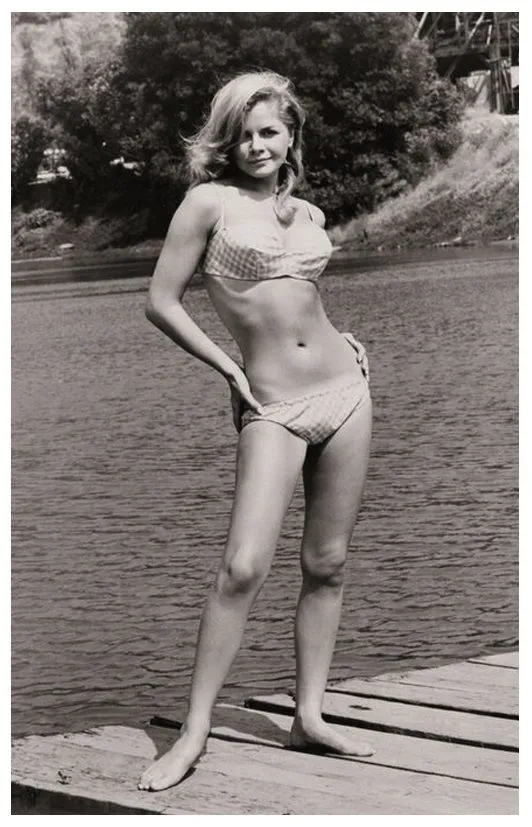
In a world still obsessed with perfection, Benton’s imperfections made her iconic. And while she may no longer grace our screens, her image—those eyes, that energy, that refusal to conform—will forever burn into the celluloid of our minds.
Some images really don’t fade. Susanne Benton’s is one of them.
